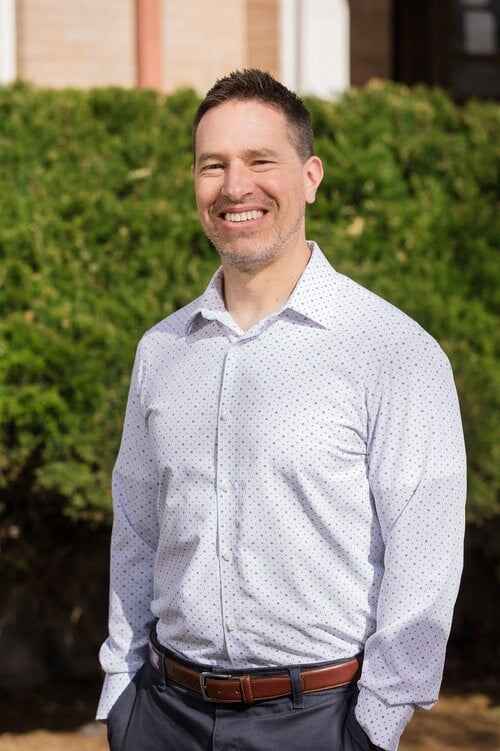About Sobriety House – Stepping Stone – Denver
Sobriety House offers care in the Stepping Stone property which is a Victorian home located in the Capitol Hill area of Denver, Colorado. The home can accommodate 14 clients and is within walking distance of restaurants and other area amenities.
The home is also close to required 12 step meetings. The goal is to achieve and maintain sobriety, which they test using random urine analysis. While in the residential treatment programs, you are expected to attend house meetings, perform assigned chores to maintain the home and participate in support meetings throughout the week. Failure to comply with these rules will result in written warnings and finally discharge from the program.
They offer two residential treatment programs. The first, called Intensive Residential Treatment or Phase One, is a 28-day program in which you attend weekly group meetings and individual sessions, and are restricted to campus except for important appointments. After completing Phase One, you enter Phase Two, during which you can stay for up to 6 months. The length of stay varies by client and is determined in collaboration with your individual counselor.
You continue to attend group meetings during the week as well as individual sessions. You are expected to be off campus for several hours each day either working or looking for work, going to school, volunteering, or attending other appointments. Within Phase Two, you’re also allowed your personal electronic devices but they must be turned in at night before bed. They also offer traditional outpatient programs after you have graduated from the residential program.
At some point in the future, they plan to open this program to others who have not attended the residential treatment. They are a nonprofit organization that accepts donations to help provide new clients with clothing, supplies, transportation, and hygiene items. They publish the cost of treatment, will work with your insurance company, and estimate you’re out of pocket costs after insurance coverage. They accept private pay and offer sliding scale fees and grants to cover treatment.











